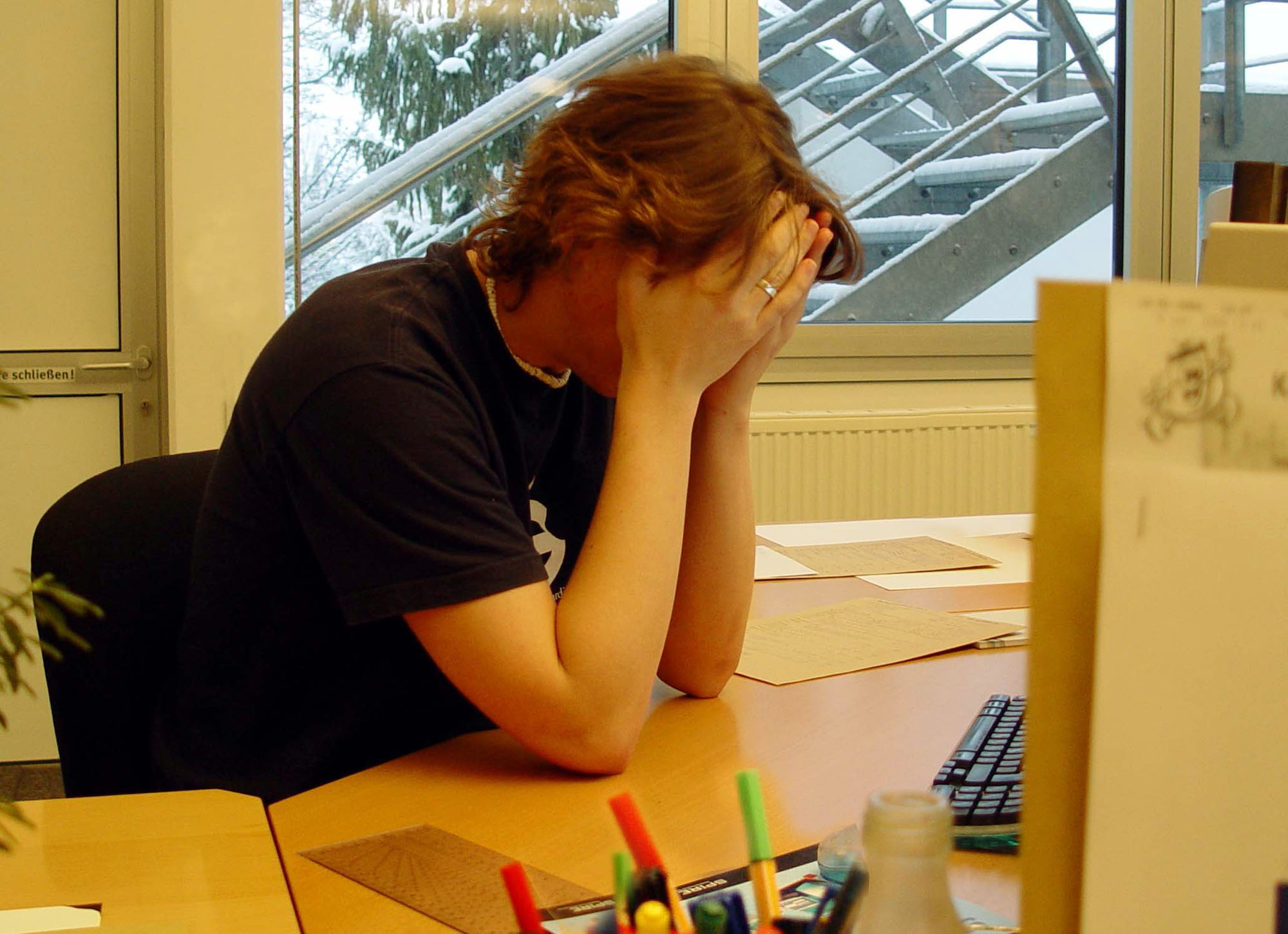Tag: Culture
-

Adjustment to Life in Sweden and Therapy in English
For most expats, relocating to Sweden means adjusting to a different culture. Reactions associated with the stress, uncertainty and the upheaval of relocation to another culture are very common for those from English speaking countries. These reactions can include experiences of anxiety, withdrawal, low mood, depression and other mental health difficulties. In my therapeutic work…
